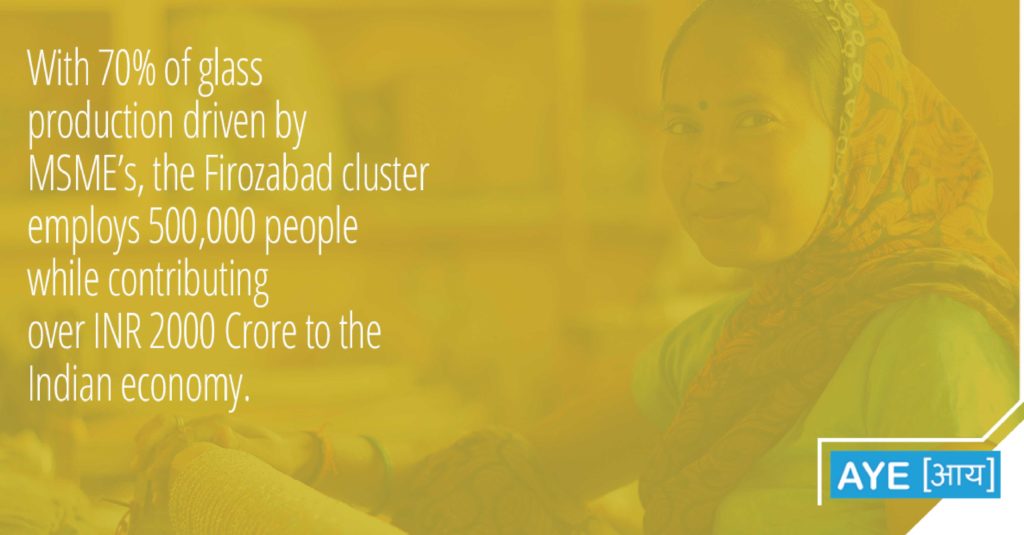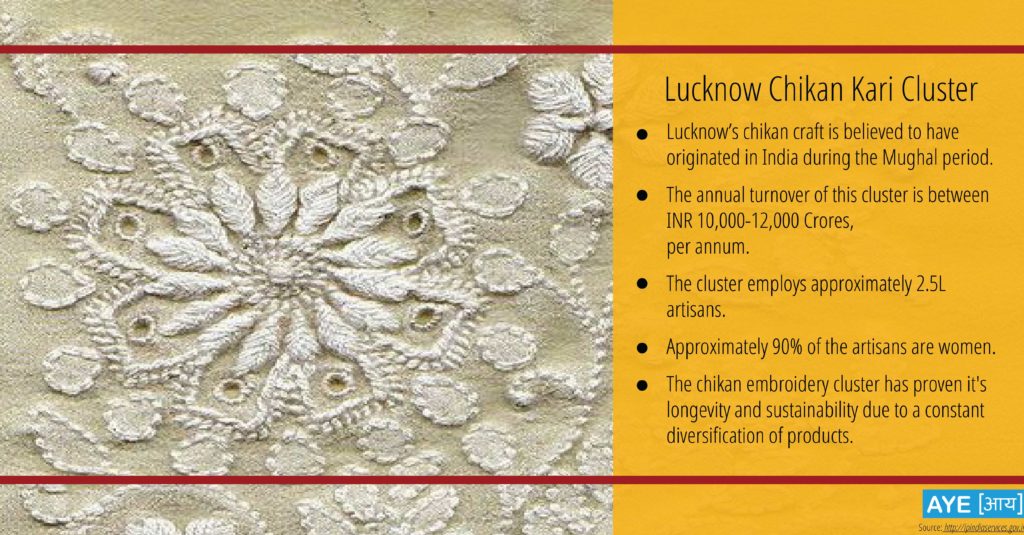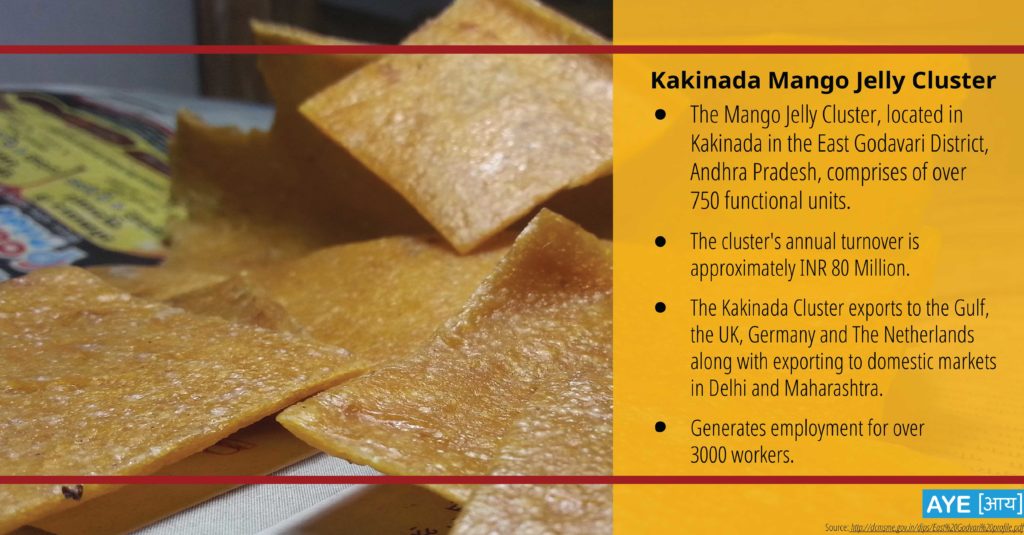At Aye Finance, the conversation about the importance of business clusters and the MSMEs operating within them is always front and center.
With over 50 million MSMEs actively operating in India, we bear witness to their contributions on a daily basis; certainly, an 8% contribution to the National GDP and 40% to exports are significant numbers by any measure.
And by operating within clusters, these MSMEs are also able to reap the benefits of the clusters offer, such as trade & skill specialisation, cost efficiency, access to wider markets, and investments from larger bodies, both at private and governmental levels.
But what exactly do these clusters do? How do they operate? Where are they located and how do they build the economy through their trade?
Working hard to push forward the Indian economy from the grassroots, India’s business clusters are as varied as the country’s landscape, running the gamut from specialisations like sports goods in Meerut, glassworks in Firozabad, chikan kari in Lucknow, and even mango jelly in Kakinada!
To get you better acquainted with their contributions and impact, we’ve profiled some of these clusters in our blog post.
The Firozabad Glassworks Cluster
The city of Firozabad gained prominence for its glass production as far back as the 17th century, and now it accounts for 70% of the country’s glassworks.
The Firozabad Cluster has 400 registered industries, employs over 500,000 people, and contributes over INR 2000 Crores to the Indian economy.


Lucknow Chikan Kari Cluster
Globally renowned for its distinctive embroidery, Lucknow’s chikan craft is believed to have originated in India during the reign of the Mughal Empire.
Lucknow’s chikan kari cluster has also proven its longevity and sustainability by surviving well into the present day due to a constant diversification of products, and is a fair heavyweight in terms of size and contributions.
The annual turnover of the cluster is between INR 10,000 – 12,000 Crores, per annum with approximately 2.5L artisans employed. Additionally, 90% of all artisans working here are women.
The Kakinada Mango Jelly Cluster
Kakinada’s Mango Jelly cluster is located in Andhra Pradesh’s East Godavari district. The cluster employs over 3000 people through more than 750 functional units.
Over time, Kakinada’s mango jelly has gained a strong national and international following, allowing for exports to the Gulf, the UK, Germany, and the Netherlands along with the exports to domestic markets in Delhi and Maharashtra. The annual turnover from Kakinada is approximately over INR 80 Million.

How are such significant contributions possible?
Due to their geographic proximity to each other, businesses operating within a cluster are able to rely on each other for shared resources and information. The shared resources allows the smaller business to co-opt with each other, i.e. build their competitive strength, capital, and network for growth which wouldn’t have been possible otherwise.
We look forward seeing larger contributions, higher employment numbers, and even higher annual turnovers come in from them as they are increasingly equipped with the right skills and technology in the years to come.












